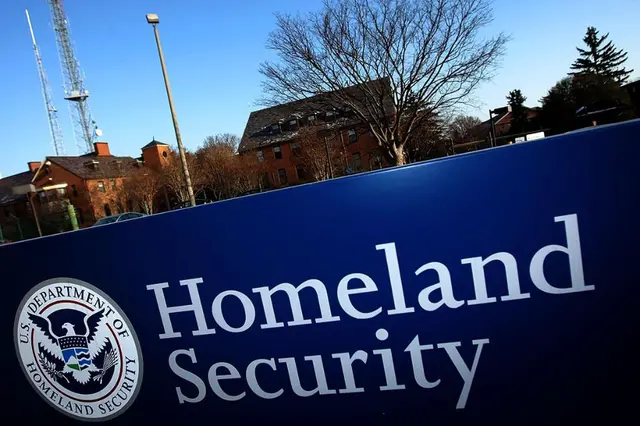High-ranking local officials have hit the headlines with their frugality attempts, but are these real improvements to work styles, or simple posturing?
In one case, a TV journalist came across Wu Tianjun, Communist Party chief of central China's Zhengzhou City taking the subway back to his office on Monday, after a meeting.
Xu Jin with Zhengzhou TV, told Xinhua on Thursday he watched Wu queue to buy a ticket then followed him as he boarded the train. Some citizens recognized Wu and chatted with him during his trip.
Wu told Xu his office was near a subway station, so he took the subway back.
In another case, Fu Zhenghua, Vice Minister of Public Security and head of the Beijing Public Security Bureau, was seen patrolling with other officers on a busy commercial street in downtown Beijing on Wednesday evening.
He was also recognized by pedestrians and this is not the first time that he has been seen on patrol in downtown Beijing.
"He often visit police stations and meets patrolling police officers without informing them in advance," said a Beijing officer who declined to be identified.
When they come to light, such "incognito" trips usually become a focus for discussion among netizens. Some say Wu's story is too coincidental to be true and claim the official did it simply for show.
Others support Wu and expect more officials to follow suit, not as a cost cutting measure, but as a way to hear to the voices of the public.
Xu insists it was not a stage-managed event and he had been reporting on the opening of the new subway line when he spotted Wu.
"Party members and officials, while servants of the public, are alsomembers of the public. Leading officials should mingle with the masses more often, without advance notification, and listen to their voices to know the true situation," said Wang Shushan, Communist Party chief of Xuchang City, Henan.
This is one of the better traditions of our party and we should adhere to it, he said.
Police chief Fu is not known as an official who stays cooped up in his office, he often joins the patrols, according to his officers. First, it showcases the importance of the capital's security work. Second, it can lead other senior officials to change their work style, they say.
The Chinese leadership launched last year a "mass line" education campaign to further ties between Party members and the people, and clean up undesirable work styles such as formalism, bureaucratism, hedonism and extravagance.
Such trips are normal and should be encouraged for the Party to build closer ties with the people, said Fang Ning with the Chinese Academy of Social Sciences.
Officials should make use of every means to strengthen their relations with the public, he added.
"Undoubtedly, officials should serve the people," said Yan Jirong, professor of politics at Peking University. "Therefore, they should go out of their offices often and engage the masses to know their needs."
These excursions should not be simply labeled as shows, said Yan. The key is to differentiate between publicity stunts and governance, he added.
Such practices should have support institutional frameworks and be routinized, Yan added.
 简体中文
简体中文

